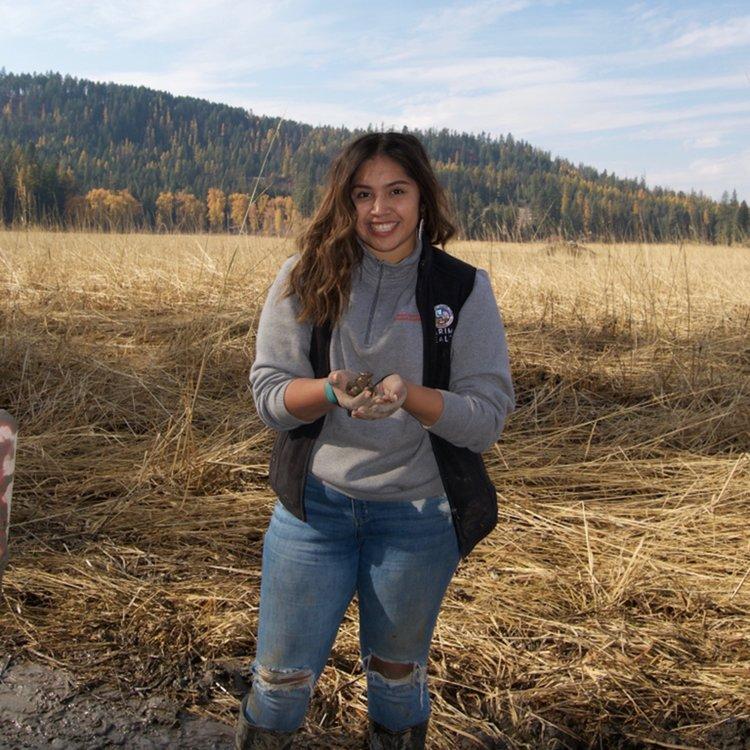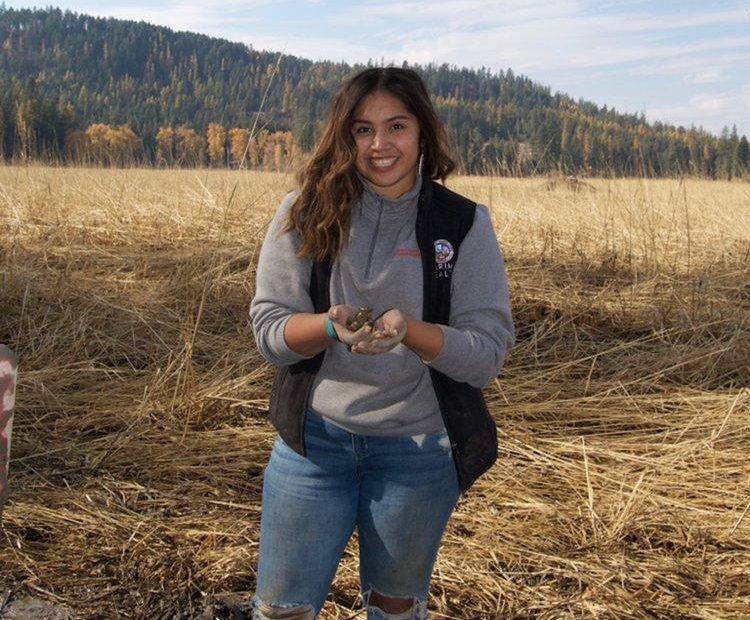
Coeur d’Alene Tribal Youth Create Summer Podcasts About Water Issues
Listen
This summer, a group of Coeur d’Alene tribal students is learning how to tell stories and make podcasts. The program they’re making tackles a pretty weighty subject. It’s about how hydroelectric dams, such as the Post Falls Dam, have affected the tribe’s way of life.
The tribe is working with the University of Idaho and the state University of New York at Buffalo to prepare young people to become tribal leaders.
“To investigate environmental decision making within their tribe and make podcasts about what they find,” says Anne Kern, U of I professor of curriculum and instruction in Coeur d’Alene. She’s one of the partners of the Voices to Hear project, funded by a National Science Foundation grant.
“They go out into the community. They work with tribal professionals, who are working on these science projects and have interviewed them and included them and they put this podcast together. They’re pretty awesome,” Kern said.
“And now we’ll share the shocking information we have gathered over the last five weeks. Enjoy this podcast!” says a student introducing one of last year’s Voices to Hear podcasts. They focused on the historic effects of mining waste in the traditional lands the Coeur d’Alenes call home.
“Our group’s podcast focuses on the high fatality rate of the tundra swans and goes to the root of the problem,” said another student.
“Just this spring we had one of our worst years ever. I think they said they counted more than 300 swans that they found dead, chain lakes,” said Laura Laumatia, a senior research analyst for the tribe.
Other podcasts last year focused on the impacts of silver mining and the restoration of Hangman Creek.
The project pairs high school and middle school students with college age mentors like Kyra Antone, herself a member of the Coeur d’Alene Tribe.
“I think my favorite part was seeing how interested the kids got because this is obviously something I’m interested in. I think all this stuff is really cool. The fact that, at first, the kids were, kind of like, standoffish about the whole idea of interviewing people they didn’t really know, but seeing at the end that they really enjoyed it, I think that was my favorite part,” Antone said.
She worked with the students to determine the types of stories they wanted to tell and helped them with the mechanics of interviewing people and then splicing all the pieces together into podcasts.
This year, Antone is back working with a new group of students.
“Right now, we’re kind of in the talks about water levels and how they’re affecting natural resources. But we have to make sure that we’re talking with the team and the interns to see where we want to go with that,” she said.
The coronavirus has added a layer of complexity to this year’s project. Instead of being able to go out and do site visits and interviews, the work will be done online. But, the hope is, in five or six weeks, the students’ new podcast will ready for public listening.
You can hear last year’s podcasts at VoicestoHearCDATribe.org.
Copyright 2020 Spokane Public Radio. To see more, visit spokanepublicradio.org
Related Stories:
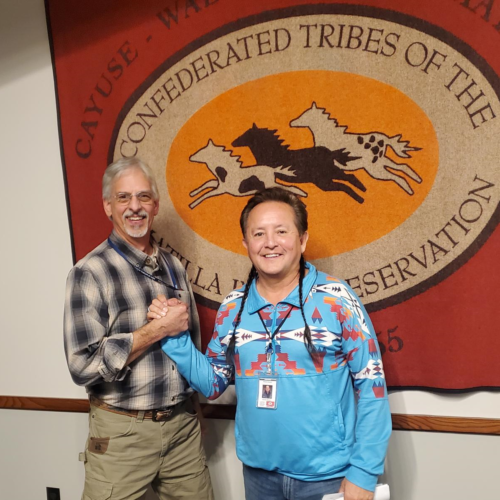
Native American Heritage Month – In their own words: Don Sampson
Gary James, left, and Don Sampson, the two original employees of the Confederated Tribes of the Umatilla Indian Reservation’s Fisheries Program, at the tribe’s Department of Natural Resources 40-year anniversary
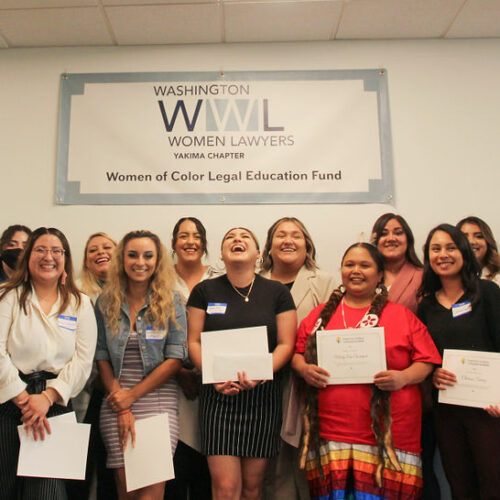
Yakima Groups Help More Women Of Color Become Lawyers
Yakima women of color received 19 scholarships to support them in continuing their legal education. Photo: Pataathla Sutterlict Listen (Runtime 1:39) Read More women of color want to become lawyers
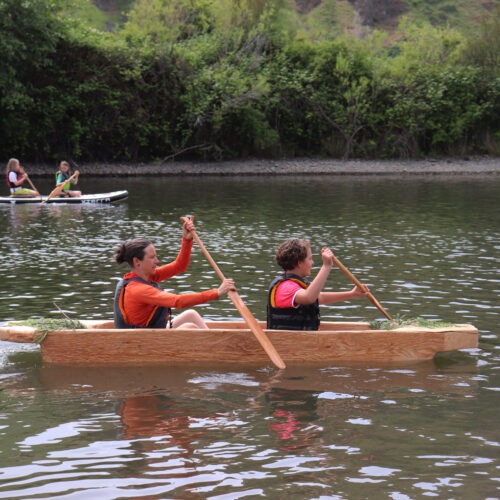
Carving Out Lessons From A Canoe
Building a canoe is about learning and community-building for everyone involved. That’s what one Nez Perce man said before launching a canoe that was handmade with the help of fourth graders into the water on Tuesday.

